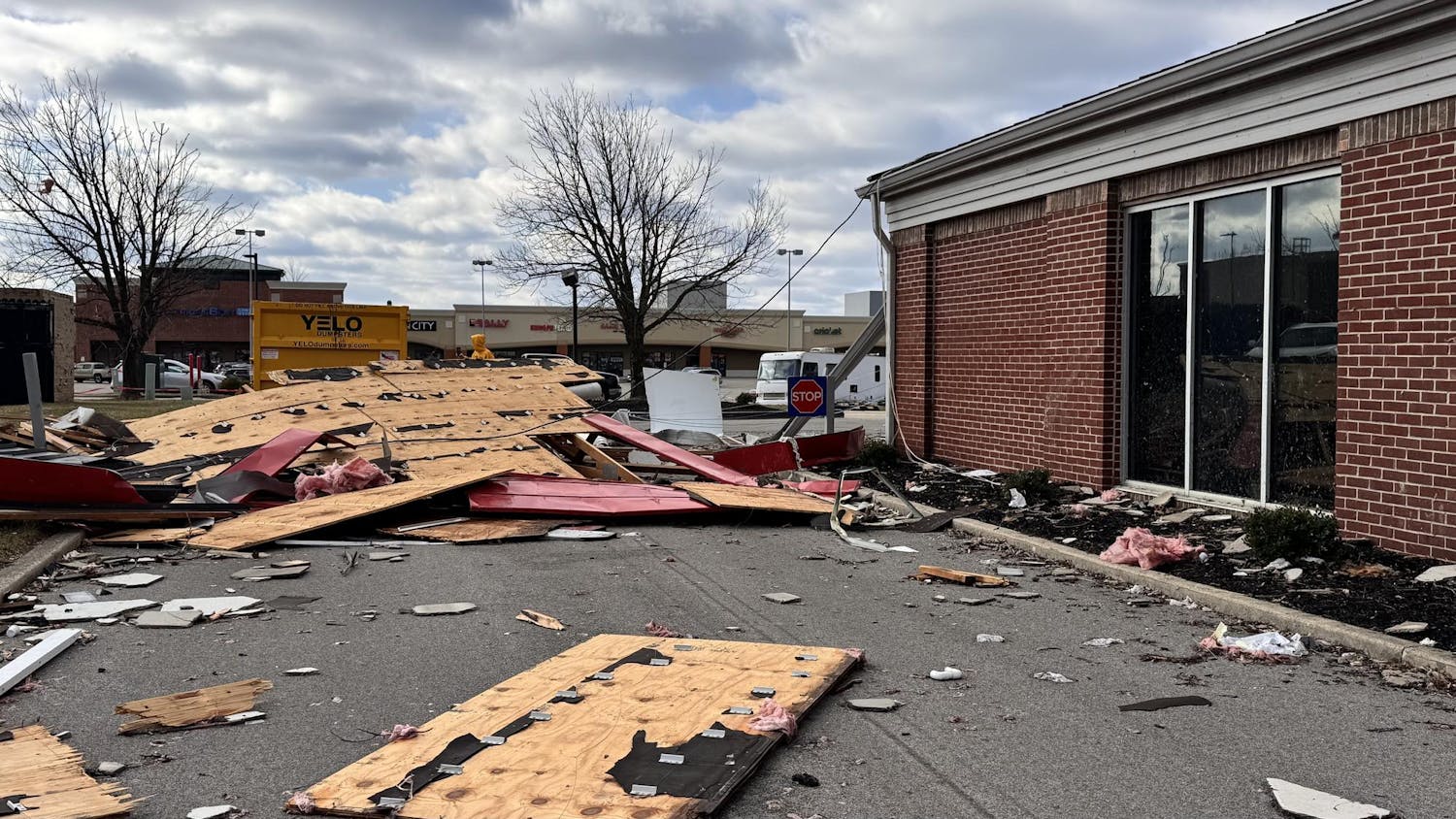In 2003, then-President George W. Bush led the United States to war with Iraq, declaring an end to the combat phase of Operation Iraqi Freedom that very same year. Seventeen years later, President Donald Trump ordered a drone strike that killed Iranian military general Qasem Soleimani outside Baghdad International Airport. Combat in Iraq never really ended.
For nearly two decades, Iraqis have endured massive amounts of violence, whether it be at the hands of ISIS fighters, American soldiers or Iranian-backed militias. Today, Iraq is under threat to become the site of an escalating conflict between the U.S. and Iran, as both American soldiers and Iranian proxy forces remain. Americans have a duty, after failing for so many years, to finally stand up and prevent further bloodshed in Iraq.
The country’s plight did not begin with the 2003 American-led invasion. Saddam Hussein was a dictator who was brutal in his repression of political dissent, particularly against Iraq’s Kurdish ethnic minority. However, the invasion presented Iraq with a host of new problems, including routine civilian casualties, the destruction of essential infrastructure and the influx of extremist violence.
The U.S. military, other coalition forces and the Iraqi government failed to maintain accurate data of civilian deaths. No official count exists, and estimates of the number vary widely depending on the scope of the study. Using only documented civilian deaths, the Iraq Body Count project reports roughly 200 thousand deaths due directly to violence. The estimates of subsequent studies and polls place the number of civilian deaths as a result of the war much higher, from 500 thousand to two and a half million. To place that in perspective, the former estimate is nearly six times the size of Bloomington’s population, while the latter surpasses the population of the Indianapolis metropolitan area by 450 thousand.
War kills civilians in more ways than bullets and bombs. While the number of victims either caught in the crossfire or deliberately murdered by combatants represents a large portion of lives lost, it does not show the full extent of the war’s destruction. Iraqi water treatment facilities, hospitals and power plants, critical to public health and wellness, have all been collateral damage in the violence.
Further, much like in Vietnam, the Iraq War led to increased incidences of cancer, birth defects and other illnesses among the civilian population. Lead, uranium and mercury are all used in the manufacture of munitions, and long-term exposure has the potential to be fatal.
Following the U.S. invasion of Iraq, ISIS and other extremist groups emerged as yet another source of conflict. Terrorist organizations, and the campaigns against them, are responsible for tens of thousands of Iraqi deaths. In June 2014, ISIS and its affiliates engaged in a major offensive against the Iraqi government, killing over four thousand civilians and capturing the city of Mosul. Meanwhile, the 2017 battle to retake the city saw 40 thousand civilians die to U.S. airstrikes, Iraqi artillery bombardment and ISIS fighters.
Since 2003, Iraqi lives have been treated as expendable and their deaths as expected. Now, they find themselves between a global superpower and a regional rival trading blows on their own soil. After the horrors of Hussein’s regime, the destruction of the U.S. invasion and the barbarism of ISIS, even more innocents stand to die. These are mothers, fathers, daughters and sons, each someone’s loved one, friend, neighbor, classmate or coworker.
Protests and prolonged civic engagement remain important tools in voicing dissatisfaction and enacting concrete change. One national student organization, Students Against War in Iran, plans to hold a nationwide protest Feb. 15. Additionally, this year’s primary and general elections provide an opportunity to nominate and elect candidates who exercise peace and restraint, keeping Iraqi lives in mind.
Avoiding war and seeking peace with Iran is preferable for its own sake; the threat of more bloodshed in Iraq, however, makes it essential.






